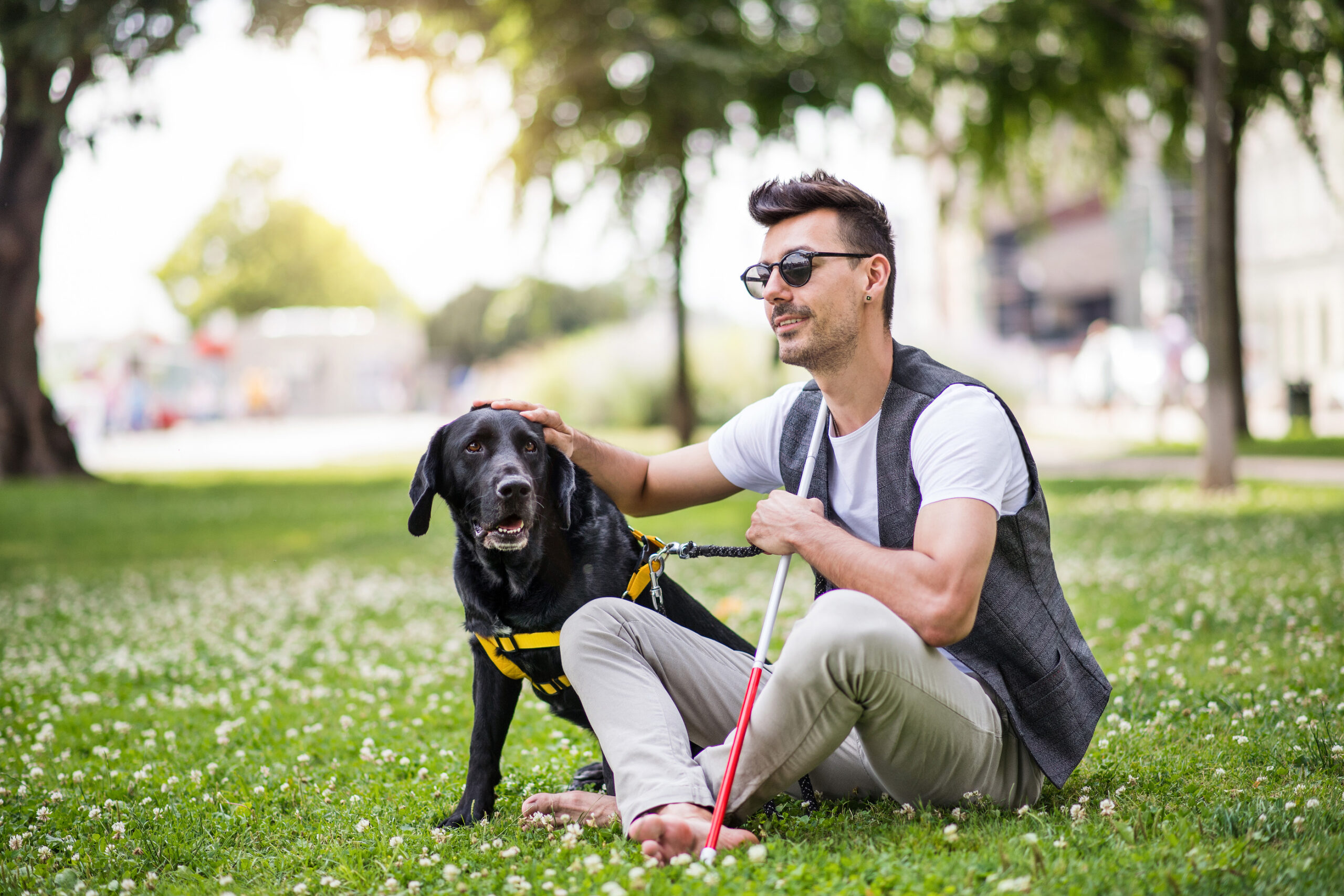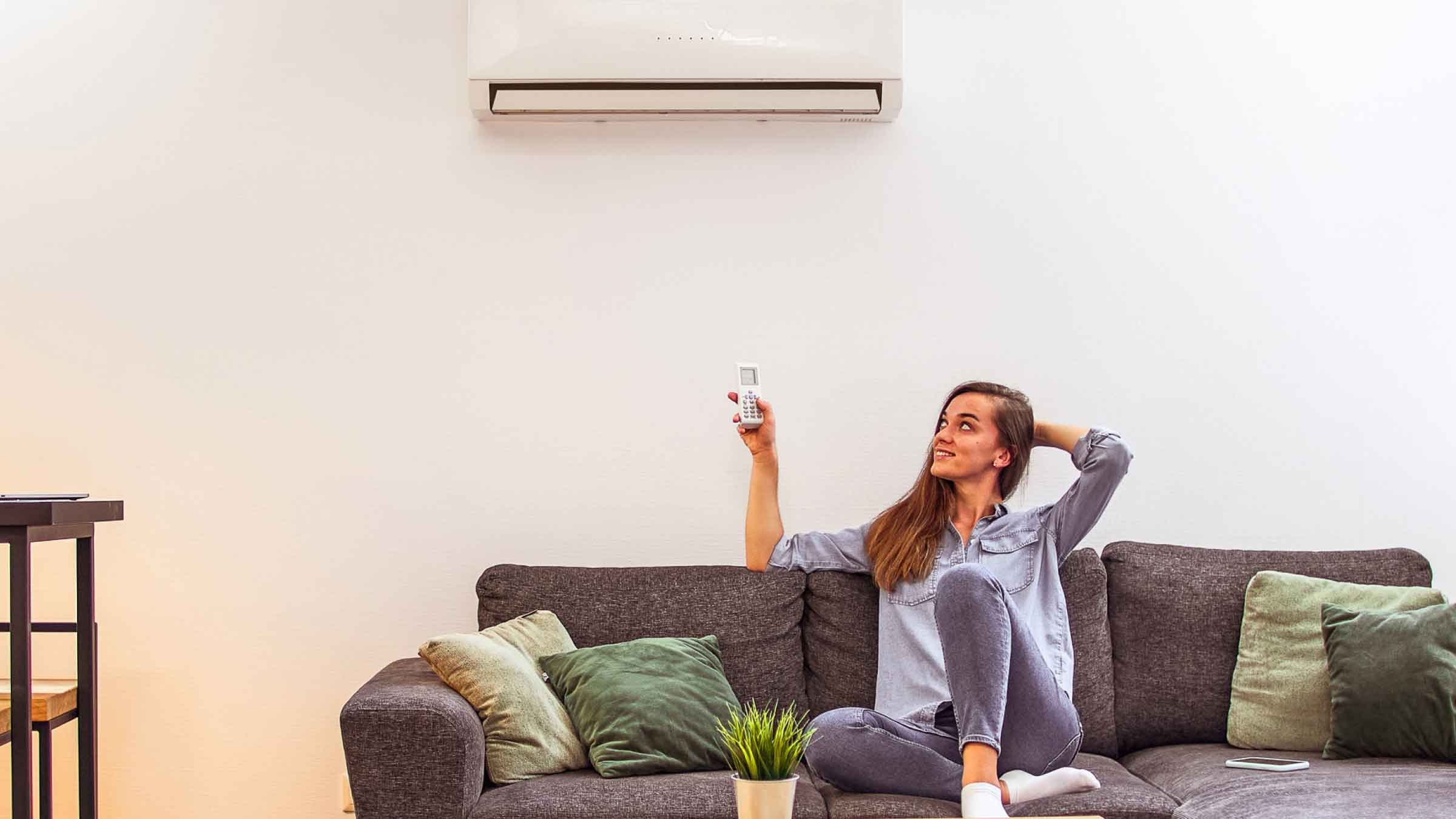Can Blind People Dream?
Dreaming is a common experience for most people, and it is often associated with the ability to see. However, the question of whether blind people can dream is a complex one, and the answer is not straightforward.
There is some evidence to suggest that blind people do dream and that their dreams can include visual elements. This is supported by the fact that the brain is capable of generating images and visual experiences even in the absence of actual visual input. For example, studies have shown that people who are born blind or lose their sight at a very young age can still experience sensory hallucinations, including visual hallucinations, which may be similar to dreams.
However, the nature of dreams in people who are blind may differ from those who are sighted. It is thought that the content of dreams is influenced by a person's experiences, memories, and expectations, so it is possible that the dreams of blind people may be more focused on other senses, such as touch, sound, and smell, rather than on visual experiences.
There is also some evidence to suggest that the brain activity during sleep and dreaming is similar in both blind and sighted people, indicating that the basic mechanisms of dreaming may be the same in both groups. It is important to note that research on the topic of dreaming in people who are blind is limited, and more research is needed to fully understand the differences and similarities between the dreams of blind and sighted people.
In conclusion, it is likely that blind people do dream and that their dreams may include visual elements, although the content of their dreams may differ from those of sighted people.





